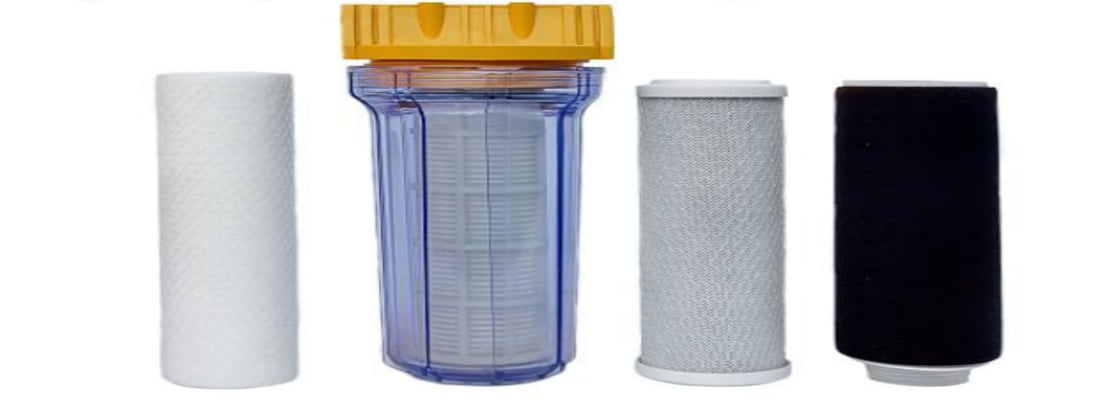Introduction
With increasing concerns about water quality, there has been a growing demand for water filters in homes. However, with so many types of water filters in the market, it can be quite confusing to decide which one is best for your home. In this article, we will provide a comprehensive guide on the different types of water filters and help you choose the best one for your home.
1. Activated Carbon Filters
Activated carbon filters are the most common type of water filters used in homes. They work by adsorbing impurities and contaminants from water as it passes through the activated carbon. They are effective in removing chlorine, pesticides, and herbicides. They also improve the taste and odor of water. However, they may not be effective in removing minerals, fluoride, and some bacteria and viruses.
2. Reverse Osmosis Systems
Reverse osmosis systems use a semi-permeable membrane to filter water. They are effective in removing impurities like lead, arsenic, fluoride, and bacteria and viruses. They also improve the taste and odor of water. However, they produce a large amount of wastewater, and they may not be suitable for homes with low water pressure.
3. UV Filters
UV filters use ultraviolet light to kill bacteria and viruses in water. They are effective in removing harmful microorganisms from water, but they may not be effective in removing impurities like pesticides and heavy metals. They are also not effective in water with high levels of sedimentation and turbidity.
4. Ion Exchange Filters
Ion exchange filters work by exchanging ions in water with ions in the filter. They are effective in removing heavy metals, like lead and mercury, from water. They are also effective in removing scale-causing minerals, like calcium and magnesium. However, they may not be effective in removing other impurities like bacteria and viruses.
5. Ceramic Filters
Ceramic filters use a porous ceramic material to filter water. They are effective in removing sediment and bacteria from water. They are also effective in improving the taste of water. However, they may not be effective in removing other impurities like heavy metals and chemicals. They also need to be cleaned and replaced frequently.
6. Alkaline Filters
Alkaline filters use a combination of activated carbon and mineral filters to increase the pH level of water and provide essential minerals like calcium, magnesium, and potassium. They are effective in improving the taste and health benefits of water. However, they may not be effective in removing impurities like heavy metals and chemicals.
7. Gravity Filters
Gravity filters use gravity to filter water through a multi-stage filter. They are effective in removing impurities like chlorine, heavy metals, and bacteria. They are also easy to use and maintain. However, they may not be suitable for homes with low water pressure, and they may not be effective in removing some impurities like fluoride.
8. Distillation Filters
Distillation filters use heat to evaporate water and collect the condensed water vapour. They are effective in removing impurities like heavy metals, bacteria, and viruses. However, they are expensive to operate, and they may not be suitable for homes with low water pressure. They also produce a small amount of distilled water.
9. Activated Alumina Filters
Activated alumina filters use a porous material made of aluminum oxide to filter water. They are effective in removing fluoride, arsenic, and other heavy metals from water. They are also effective in improving the taste of water. However, they may not be effective in removing bacteria and viruses from water.
10. Combination Filters
Combination filters use a combination of different filters to provide comprehensive water filtration. They are effective in removing a wide range of impurities like bacteria, viruses, heavy metals, and chemicals. They also improve the taste and odor of water. However, they may be expensive to operate, and they may not be suitable for homes with low water pressure.
Conclusion
Choosing the right water filter for your home depends on your specific water quality needs and preferences. Each type of water filter has its own strengths and weaknesses. By understanding the different types of water filters, you can make an informed decision and choose the best one for your home.

